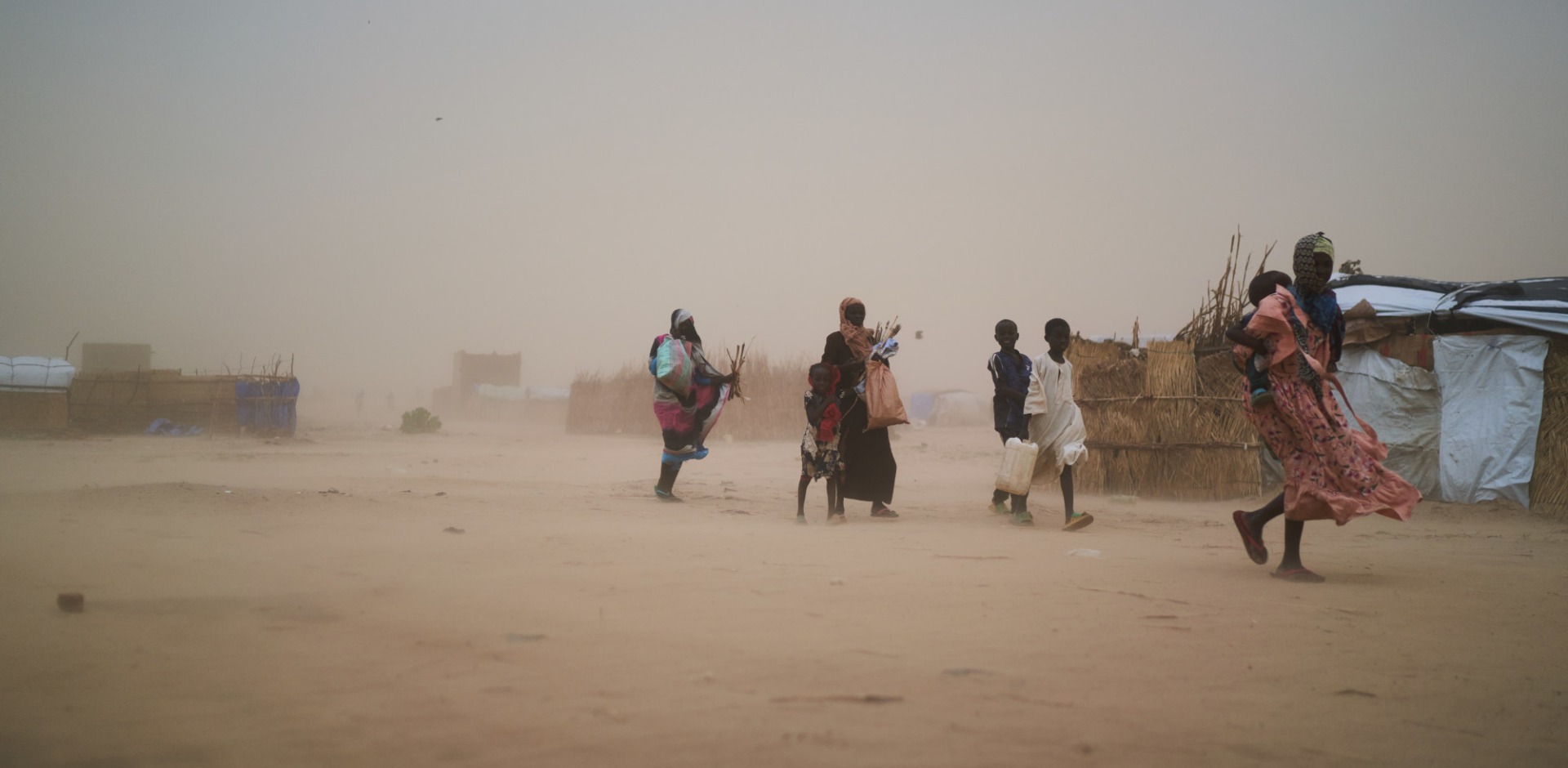
FAMINE IN SUDAN
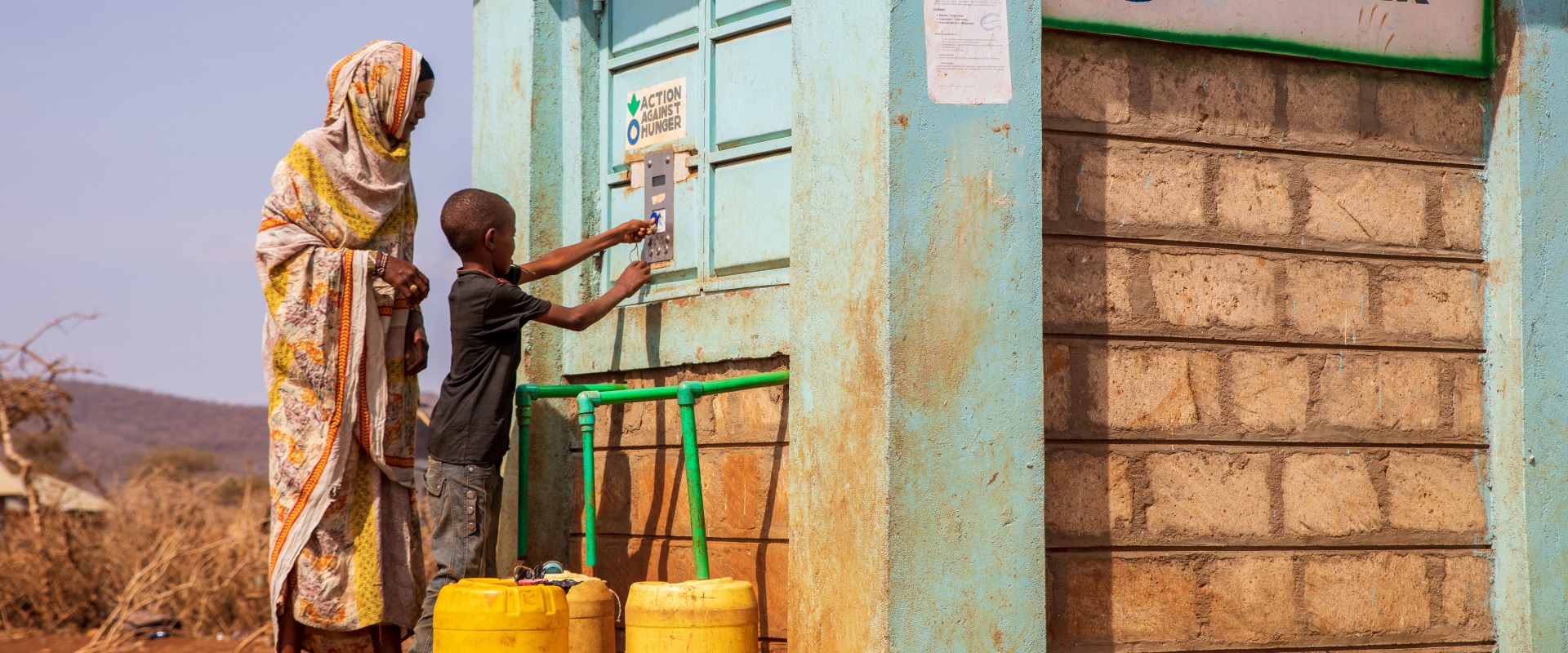
The Smart Tap System: A Vending Machine for Water
Facing the region’s worst drought in 70 years, more than 16 million people across the Horn of Africa cannot access enough water. Habiba Kanchora Wario was one of them.
Each morning, the Kenyan mother of three would wake up at 6 a.m. to trek miles to the closest water source. The journey was hot, exhausting, and dangerous, as women are often targets of violent attacks from traveling herdsmen. After arriving hours later, Habiba would wait in the burning sun for her turn at the untreated, un-sanitized livestock trough. Livestock always drank first, so she could fill only one jerrycan—or none at all.
At home, her three children would wait for her return, each hungry from a long day with little food or water. Nearly one million children just like them, across the country, are malnourished. Habiba would cook with what little she had, fall asleep, and wake the next morning to journey for water all over again.
Last April, Habiba’s life changed when a solar-powered Smart Tap system was installed near her home in Yaqbarsadi, Isiolo County, Kenya. She had never seen a water pump quite like it.
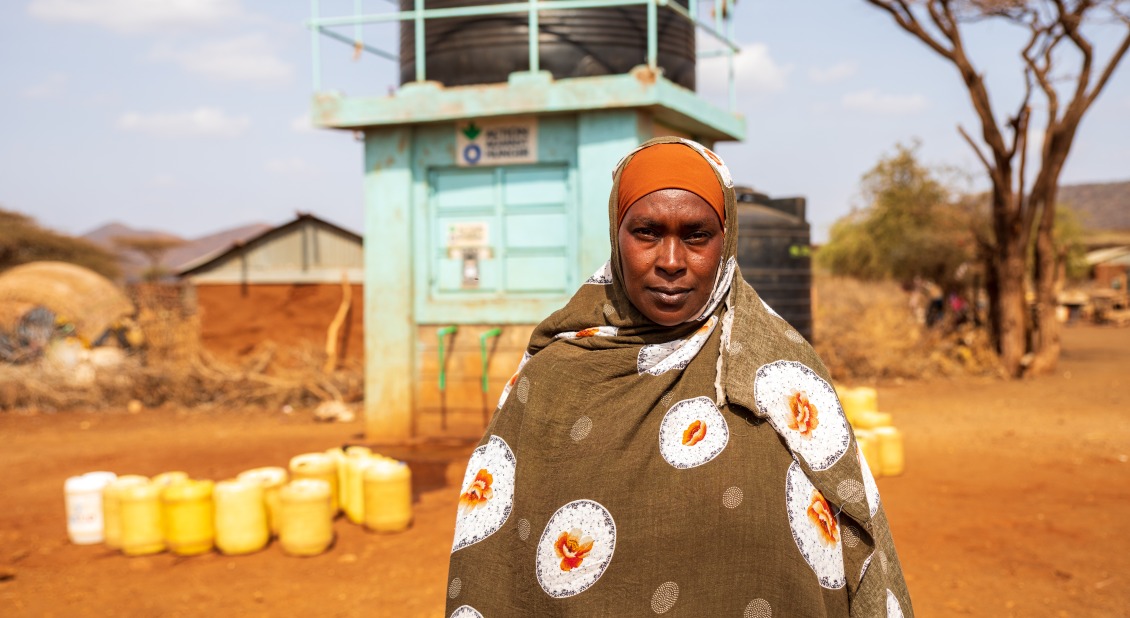
Smart Tap is a simple-to-use kiosk, like a vending machine for water—with one tap of an electronic token, water flows freely. The mechanism uses energy from solar panels to disperse water, which is funneled from the ground and stored in a 10,000 liter, chlorine-treated surface tank. The front-facing part of the system, or “Water Hub,” is an electronic kiosk equipped with a place to tap pre-filled tokens. After someone taps their token, water gushes from one of the three spouts connected to the tank. It’s an easy-to-use, efficient design, and everyone in the community is issued a token.
Tokens are filled by the Water Hub Treasurer, a local man named Mzee Omar Hagga. Action Against Hunger sends him bulk water credits through SMS messaging, and he can then top up each person’s tokens.
“You can even wake him up late at night and he will still load your token,” said Habiba, laughing.
Access to water has never been so easy for the villagers of Yaqbarsadi. Load the token, draw water: it’s that simple. Smart Tap requires less physical effort than a traditional hand pump, it breaks down far less frequently, and it’s much safer than traditional water sources, which are often contaminated.
To monitor the system, staff from Action Against Hunger—as well as the County Water Department—use an online dashboard to track how much water is withdrawn from the tank. The data is graphed to show daily, monthly, and yearly use. It’s a helpful tool, especially when comparing changing community water needs in different months or seasons.
In Isiolo, 330 households are using two Smart Tap systems. In another county, West Pokot, 393 households use three different Smart Tap systems, amounting to more than 4,000 people—plus neighboring villagers who frequently visit both communities. It’s all overseen by a local water committee.
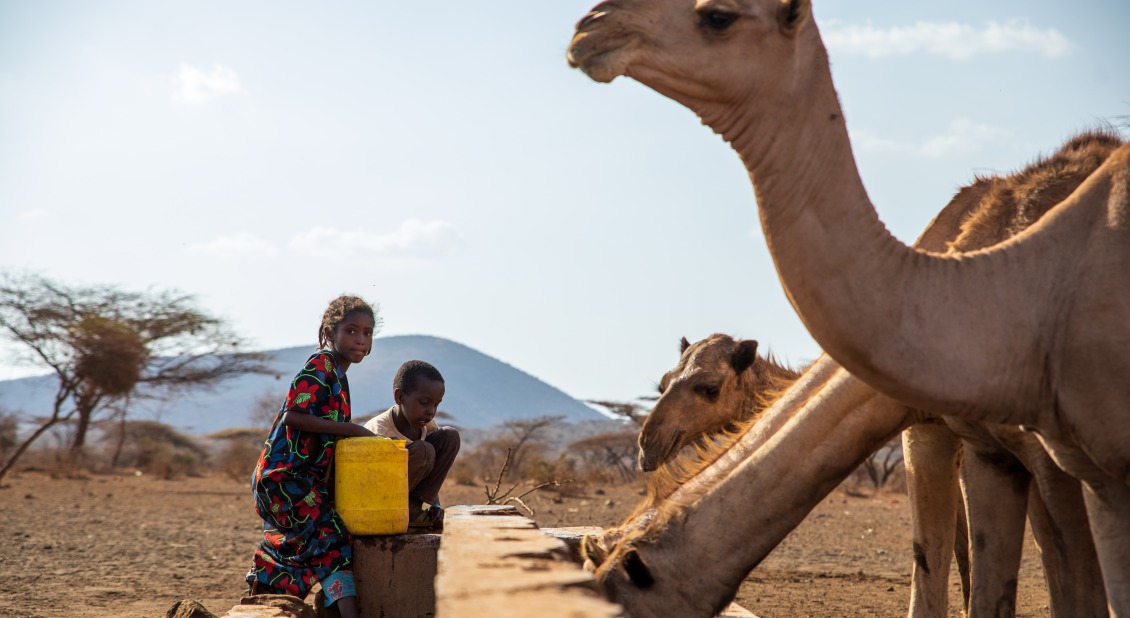
Conflict over resources was prevalent before the Smart Tap system was installed. To promote collective decision-making, residents elected a five-person Water Committee that is representative of the entire community—comprised of at least two women, a youth, and an elderly member.
The Committee allows for the community to manage their own water system without external intervention. They determine the water fee, or how much each person should pay per jerrycan filled, and save funds for repairs or for those who can’t afford it.
The most vulnerable—especially young children or older widows—don’t pay at all.
“We are not equally endowed with financial resources,” explained Habiba. “People with serious financial challenges can ask for assistance. Their neighbors help them, and life goes on.”
The Committee decided to price water at 2.50 Kenyan Shillings (Ksh) per jerrycan, about two cents in US dollars. Previously, people paid twenty times that amount—in addition to extra fees to transport jerrycans home by motorbike.
Men like Hussein Garbi might have paid 600 shillings for a half-day’s worth of water. Now, he pays 500 shillings in an entire month.
The community elected Hussein Garbi to serve as their first Water Committee Chair. A tall, quiet man, Hussein has lived in Yarqbasadi for 13 years and has seen the way Smart Tap has transformed his community, particularly for women. “Action Against Hunger has constructed a tank here that has really benefited women,” he said. “They can wake up and fetch water without hinderance.”
“Smart Tap has played a massive role in decreasing gender-based violence. It’s also empowering women to plan for their finances and take on decision-making roles for their families.” – Leo Oketch Awuor, WASH Officer for Action Against Hunger in Kenya
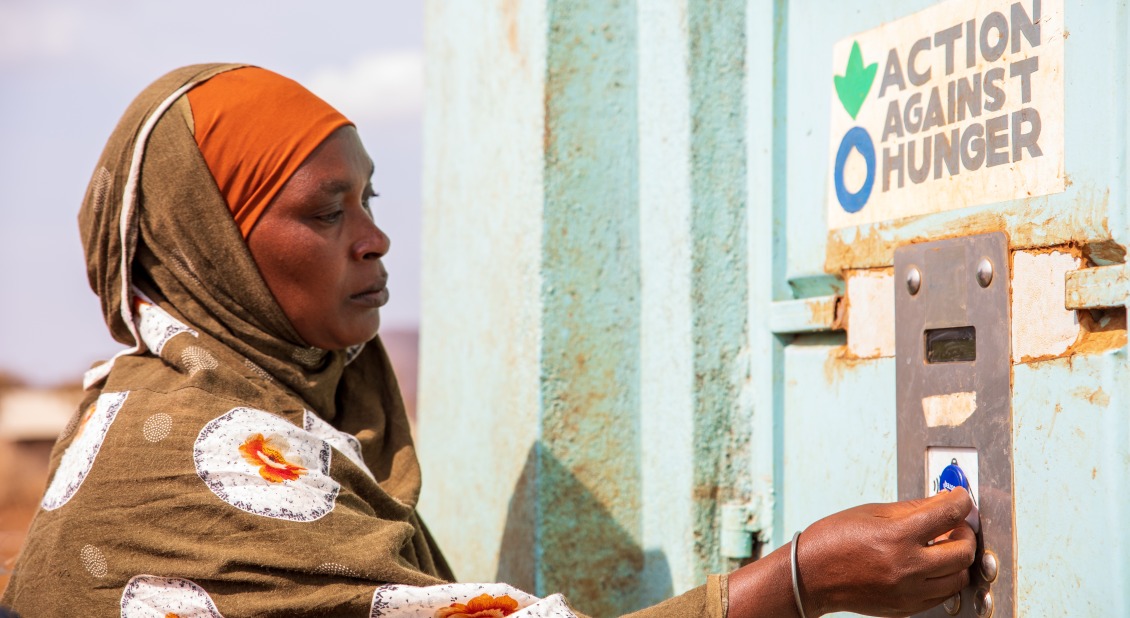
Before the Smart Tap system was installed, many women were targets of intimidation—or even physical abuse—when they collected water. This made safe water access even more critical.
“The women are so happy about the project. There is a big difference in our lives now,” Habiba said. With her cheerful disposition, no one would suspect the trauma she endured living through prolonged drought. She uses Smart Tap every day, and finally has time to cook her children a full meal before school. “We are better now because of the solar water system’s arrival. We can wake up at 6 a.m., come and get our water, and go back home in good time.”
There have been no reports of gender-based-violence in Yaqbarsadi since the system was installed.
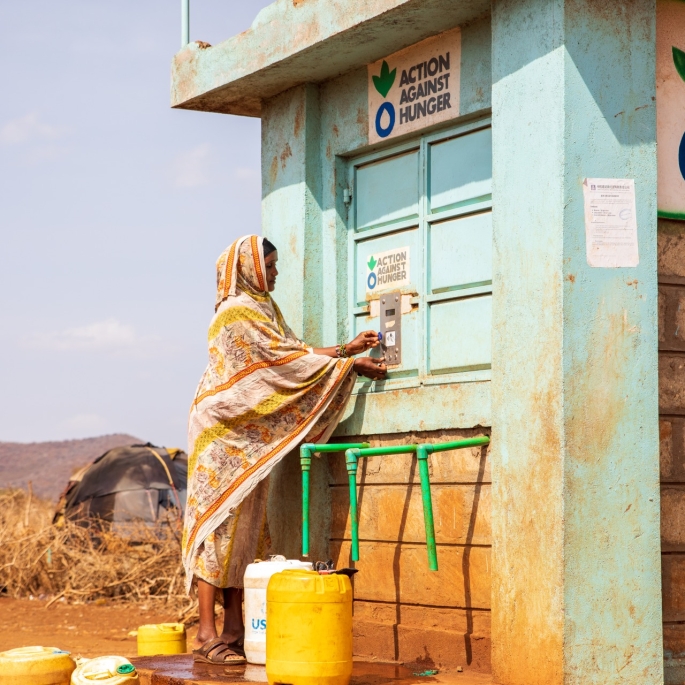
Five million people in Kenya don’t have access to safe, clean water. Action Against Hunger is on the ground, helping local communities build resilience to climate change.
“The system aims at ensuring safe water access for everyone, men and women alike, yet women have especially benefitted,” said Leo Oketch Awuor, WASH Officer for Action Against Hunger’s Kenya program. “Smart Tap has played a massive role in decreasing gender-based violence. It’s also empowering women to plan for their finances and take on decision-making roles for their families.”
In 90% of the households, women were the ones who received the token to manage.
“Nobody prevents you from drawing water now. We also don’t have to wait for the animals to drink first,” Habiba said. With time to spare, she has even started a small garden to help feed her family.
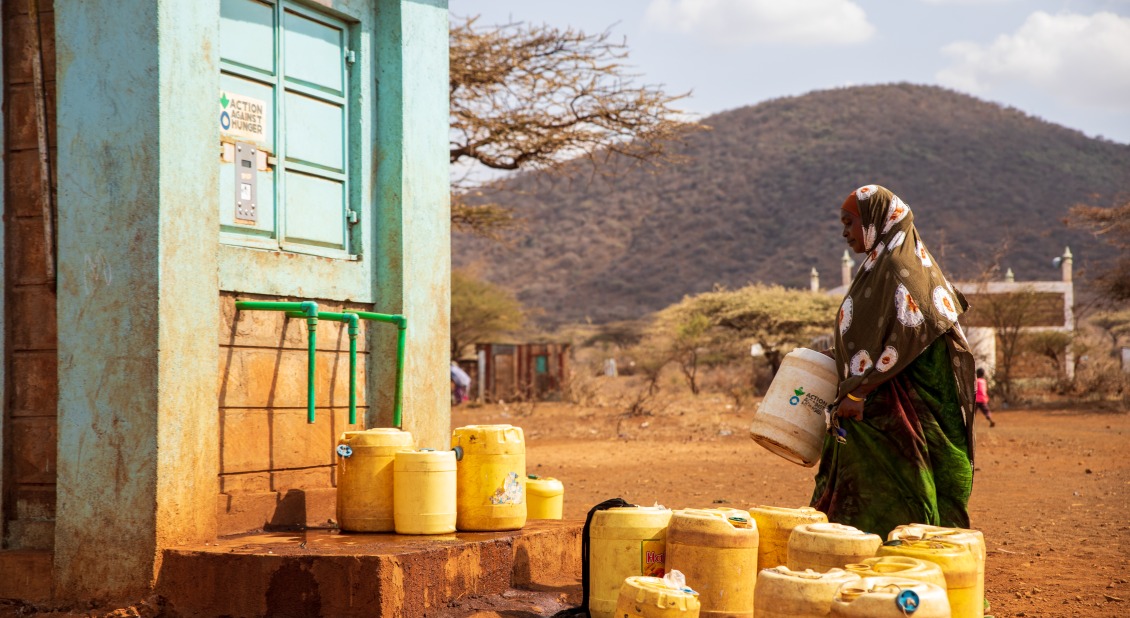
Globally, over two billion people lack access to safe drinking water, which is inextricably linked to growing hunger in developing nations: without water, crops and livestock die, leaving populations without food or income. Solutions like this are increasingly important as the climate crisis becomes a water crisis.
Still, there are challenges. People from neighboring villages like Merti travel to Yaqbarsadi to access the Smart Tap system. “We help them like our brothers, so they get water and pasture for their animals,” explains Hussein. But the constant influx of people may not be sustainable for the limited water source.
To address challenges like these, Action Against Hunger plans to partner with local governments and scale the system throughout the region and beyond Kenya. For now, this innovative vending machine for water is a powerful tool in promoting resilience.
“If the system was to stop working, it would disrupt life in Yaqbasadi,” Habiba said. “The only other alternative water source is too far from here. If this solar project stalls, we would have no choice but to move.”
Many have spent their entire lives in Yaqbasadi, and know it as their only home. Habiba can only pray that it will always be like that.
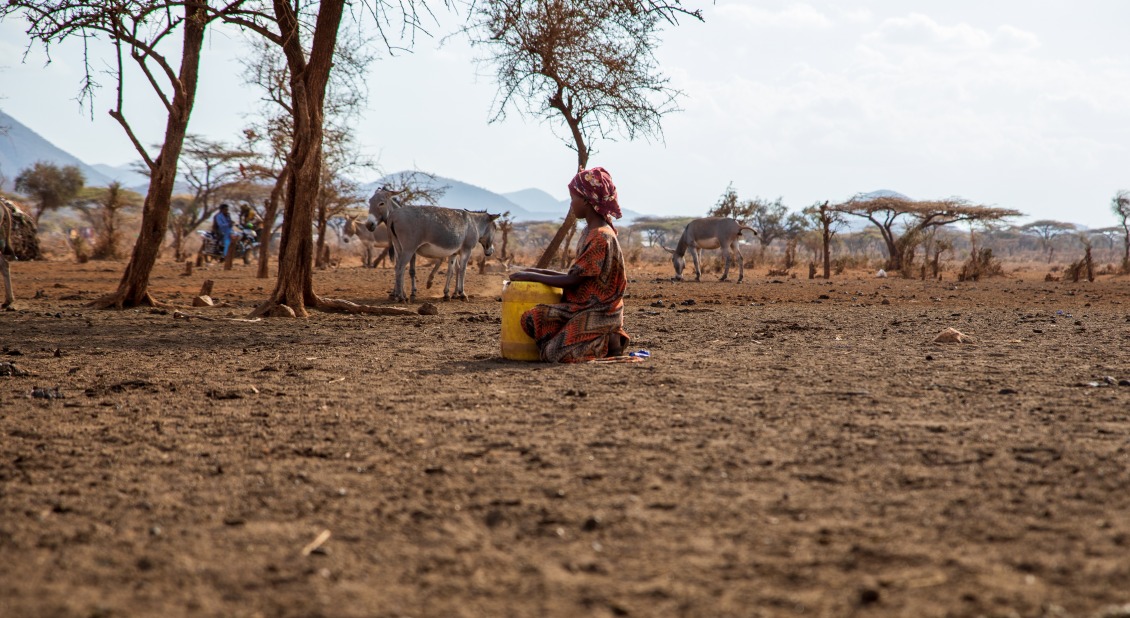
Join our community of supporters passionate about ending world hunger.